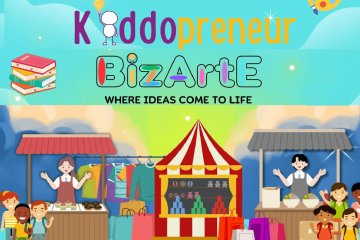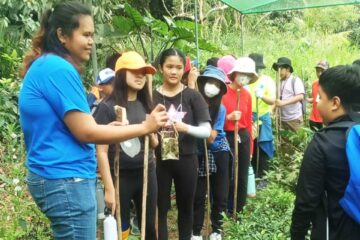The Stephen R. Covey bestseller The 7 Habits of Highly Effective People has helped countless of individuals since it was first published in 1989. What many don’t know is how the book can also serve as an effective learning tool to train preschoolers on the importance of being social, analytical, and ultimately, to be an achiever.
Through correct parental nurturing and guidance, preschoolers can benefit from the great insights that the book has to offer even at their young ages.
Read on as we discuss how these 7 habits can work wonders for your little one.
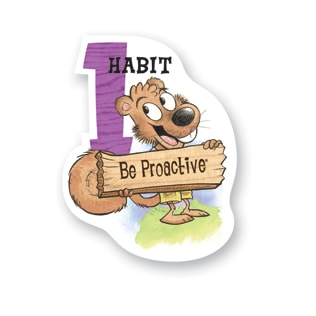
Be Proactive
Training your preschooler to develop a ‘can do’ attitude can be quite difficult at his young age. But as a parent, you should establish a system that will teach them to take responsibility for their actions. Storytelling is a good way to start them off. Storybooks effectively illustrate the importance of minding their own attitudes, moods, and actions and they will surely enjoy learning the moral lessons in the end. Some easily accessible children’s storybooks they might like that can teach them the values of integrity, initiative, and honesty are The Boy Who Cried Wolf, David Gets In Trouble, and My Truck Is Stuck among countless of others.
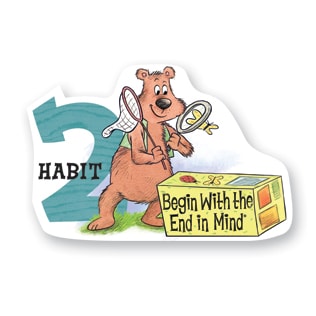
Begin With the End in Mind
Teaching kids the importance of strategy trains them to develop foresight and achieve ideal results. Try to give them practical tests that they can both enjoy and learn from such as saving up for a toy from the coins they earn cleaning their rooms. Give them a timeframe so they can manage work, play, and study. In the end, explain to them why it’s important to clean their room and how rewarding work can be. Giving them credit for doing a good job shows them the significance of planning ahead.
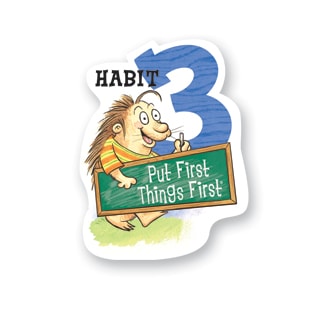
Put First Things First
As to how you allow them to think about their play, study, or chore times, they also learn how to prioritize things and avoid unwanted results. Remind them constantly of their responsibilities at home without pressuring them. Remember, teaching children is most effective when they enjoy learning the lessons and develop an interest in the values you want to teach them.
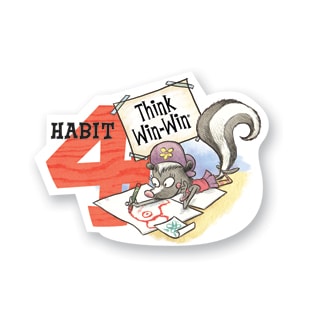
Think Win-Win
As the book has emphasized, learning how to be social and being good at it has its merits. You can teach your preschooler this habit by engaging him in play with his fellow preschoolers. Talk to him about rules and how to be fair then ask him his ideas on how to win the games. This will give him confidence. It will also help if you explain the reality that sometimes in games, there are cheaters and one-sided results that may create conflict. Teaching him to manage his expectations further molds his character and integrity in everything he does.
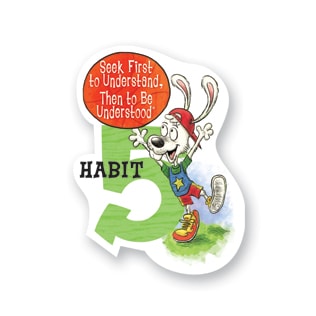
Seek First To Understand
This is one of the most important habits you can teach your child because this is not really about him. Once he learns the value of empathy and compassion, he begins to have a deeper understanding of other people’s individualities and the importance of respect. You as a parent will definitely be the best teacher for him on this because making your child understand where you’re coming from when you impose any reward or punishment system at home is always necessary.
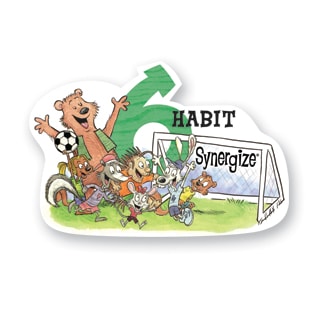
Synergize
As for how number five teaches a child to respect others, so does this habit. You can develop his ability to be cohesive with others and by engaging him in sports. Once a child knows all the good he gets from being part of the team and learns to accept his role in it while respecting that of others, making friends and working with others will be as easy for him as play.
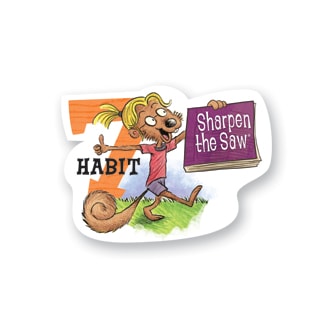
Sharpen the Saw
This habit concerns both you and your preschooler. Setting up healthy routines for your child such as implementing a regular time for bed, letting him eat his greens at dinner, or training him on proper hygiene mostly relies on your end of the bargain. It’s a fifty-fifty effort for now while they are young but through constant practice, your child will soon develop the habit of taking care of his mind and body on his own so he can do more things effectively later on.
Learning Links promotes meaningful education and personal growth to help find what students really want for their careers and lives!
Click on the button below to find out how we make great education possible.

